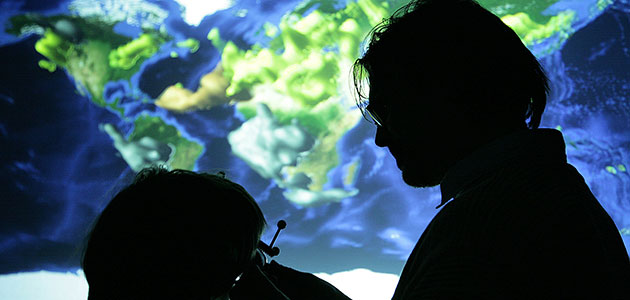Medicine and technology
In the Western world, medical knowledge and technological innovation are inseparable. Technological developments, such as new applications in genetic engineering or medical imaging processes, are changing not only medical knowledge and practice, but also how physicians view the human body. Medical views of the body, seen in terms of scientific and technological advancement, have been historically contingent. Currently, new research and innovative applications in bioengineering, nano-technology, and information and communication technologies are leading to substantial changes in medical practice which, in turn, have social, legal, ethical, and cultural implications. Systems medicine, individualized medicine, and the digitalization of medical knowledge are only some of the areas which are affected. Thus, recent innovations in medical technology, such as mobile health, have emerged, shifting doctor-patient relationships—due to greater access to medical knowledge—and profoundly affecting the lives of patients who use these innovations in everyday life or exchange information with others via the Internet. These developments create new types of social relationships, such as bio-social communities formed on the Internet, and result in the increased blurring of boundaries in biomedical practice, which no longer focuses exclusively on diseases. The societal consequences of these developments are the bio-medicalization of non-medical areas and a shift in perception as to what constitutes health or illness.

However, technology not only comprises material items such as devices and apparatuses, but also various forms of technological knowledge and activities in the field of medicine. Medical knowledge is negotiated and stabilized in a network comprised of physicians, scientists, patients, the industry and politics, as well as via the use of technical apparatuses and instruments. These processes of negotiation and the discourse and practices they entail need to be examined and their social, cultural, legal, and ethical implications subject to questioning.
Regula Valérie Burri, 09.05.2014 / regula.burri@hcu-hamburg.de
